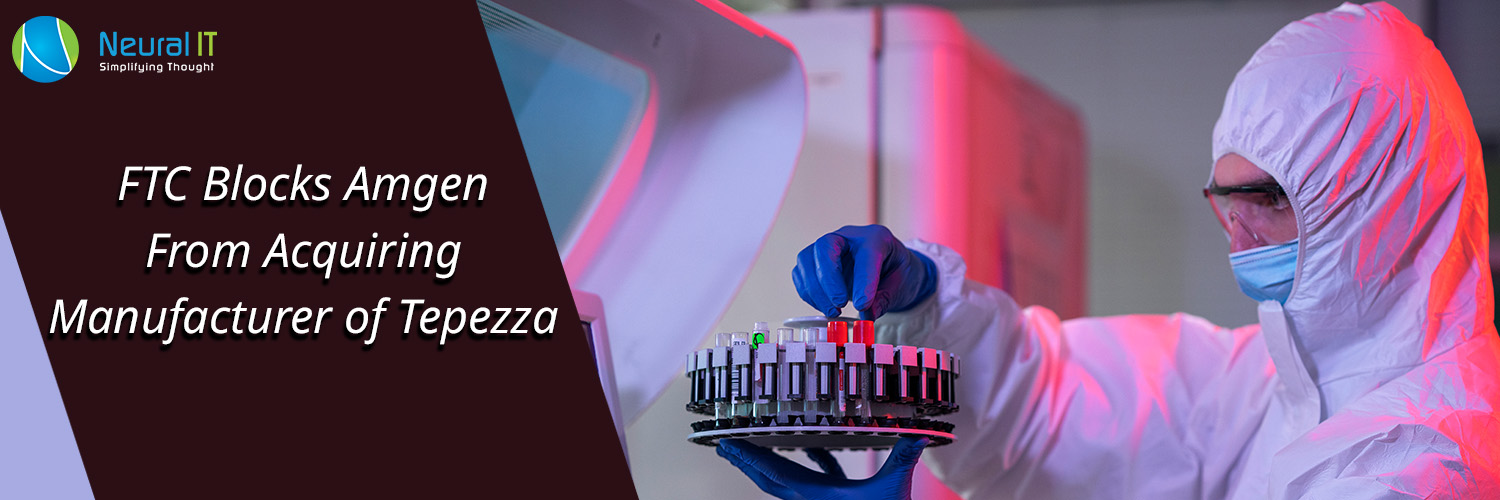FTC Blocks Amgen From Acquiring Manufacturer of Tepezza
FTC Blocks Amgen From Acquiring Manufacturer of Tepezza

Introduction
Federal regulators have filed a lawsuit to block Amgen's $27.8 billion acquisition of Horizon Therapeutics, the firm behind Tepezza, Krystexxa, and other medications.
If approved, the merger would give the biopharmaceutical corporation a monopoly over the treatment of certain illnesses. The Federal Trade Commission (FTC) filed the case on May 16 in the U.S. District Court for the Northern District of Illinois, asking for a preliminary injunction and temporary restraining order to stop the sale of Horizon Therapeautics, Inc. to Amgen.
The FTC lawsuit asserts that giving Amgen control of Horizon's drug portfolio, particularly the medications Tepezza for thyroid eye disease (TED) and Krystexxa for chronic refractory gout (CRG), will significantly reduce competition in the markets for the sale of FDA-approved medications to treat TED and CRG, which could result in Amgen having a monopoly on medications for those conditions.
The application was made in response to a December announcement that Amgen would buy Horizon for $116.50 per share in cash. Although the acquisition's value was first estimated as $28.5 billion, the FTC estimates that it is really $27.8 billion.
Investors are worried about the purchase as well, as Horizon is dealing with an increase in Tepezza lawsuits alleging that the medicine has resulted in permanent hearing loss in users. Plaintiffs allege that despite knowing or having reason to know about the danger, the medication maker suppressed important safety information and warnings from the medical community and patients.
Concerned about Amgen's expanding influence and market dominance in several areas of the pharmaceutical business, the FTC brought the action.
According to the lawsuit, Amgen has expanded into one of the biggest biopharmaceutical corporations in the world through a series of acquisitions. By far Amgen's largest ever acquisition, the proposed $27.8 billion purchase of Horizon would be. Each purchase has effectively increased Amgen's product portfolio, giving it more clout when negotiating the availability and reimbursement rates of its goods.
Tepezza and Krystexxa are already monopoly products, according to the FTC, and giving Amgen control over them could lead to the company using multi-product contracts and rebates to sustain, entrench, and increase its influence over pricing by controlling those monopolies and bundling the essential medications with other products.
The FTC contends that there are no mitigating circumstances strong enough to balance out the possibility of competition damage from the Proposed Acquisition. Other market participants' entry or growth would not be timely, probable, or adequate in scope, character, or scale to prevent or mitigate the Proposed Acquisition's anticompetitive damage.
Latest News
Philips Sues CPAP Cleaner SoClean to Share Settlement Costs
Philips has filed a lawsuit against SoClean, a company that manufactures ozone-based cleaning systems…




